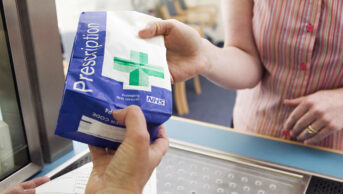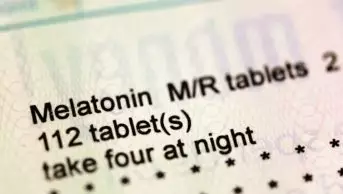
Shutterstock.com
Prescription drugs can have effects that impair driving, but it is unknown to what extent drivers are aware of warnings about them.
To explore, researchers analysed data from the United States National Roadside Survey 2013–2014, which included questions about prescription drug use.
They found that, out of 7,405 drivers, 19.7% reported taking a potentially impairing medication within the previous two days, the most common being sedatives (8.0%) and antidepressants (7.7%).
Overall, 85.8% of those who took a sedative were aware of a warning about driving from their medication provider or on the label, as did 85.1% of those taking narcotics. This compared with 62.6% of antidepressant users and 57.7% of stimulant users.
Reporting in the Journal of Studies on Alcohol and Drugs (online, 31 October 2017), the team said the results reinforce the importance of healthcare providers relaying information about the driving-related risks of medications, and suggested that warning labels should be reviewed in the United States[1]
.
References
[1] Pollini R, Waehrer G & Kelley-Baker T. Receipt of warnings regarding potentially impairing prescription medications and associated risk perceptions in a national sample of US drivers. J Stud Alcohol Drugs 2017;78:805–813. doi: 10.15288/jsad.2017.78.805


